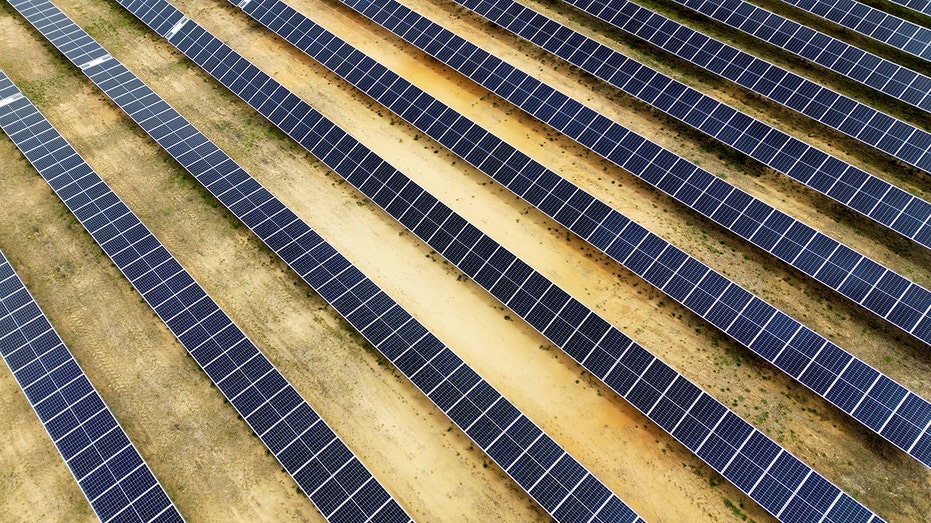Wisconsin Launches Historic 200MW Solar Farm with Battery Storage to Power the State Around the Clock

Wisconsin has taken a significant step toward a sustainable energy future with the unveiling of the Paris Solar-Battery Park in Kenosha County. This innovative project combines a large-scale solar farm with advanced battery storage technology, marking a milestone in renewable energy development by enabling 24/7 power supply.
Transforming Renewable Energy with Storage Solutions
Operational since December 2024, the solar farm produces approximately 200 megawatts of clean electricity during daylight hours—enough to power about 55,000 homes annually. To address the intermittent nature of solar energy, a 110-megawatt battery system has been integrated, capturing excess solar power during the day and releasing it during nights, cloudy days, or peak demand periods. This setup allows the park to supply electricity to roughly 130,000 homes for up to four hours, significantly enhancing grid reliability.
Addressing Climate and Reliability Challenges
By blending solar generation with large-scale storage, Wisconsin is tackling a core challenge of renewable energy: maintaining a consistent power supply regardless of weather conditions or time of day. This initiative reduces reliance on fossil fuels, which still account for nearly 79% of U.S. electricity, helping to cut carbon emissions and stabilize energy prices. According to project leaders, such innovations are vital in creating a resilient and sustainable grid capable of withstanding extreme weather events like storms and heatwaves.
Setting a Model for the Nation
The Paris Solar-Battery Park demonstrates that renewable energy, complemented by storage, is both feasible and practical at scale. It offers a blueprint for other states aiming to modernize their energy infrastructure and reduce environmental impact. Officials, including We Energies President Mike Hooper, emphasize that this project ensures dependable, affordable power, even during challenging weather conditions.
Economic and Environmental Benefits
Integrating battery storage with solar farms not only enhances grid stability but also provides economic advantages. Solar energy can lower household electricity bills by 5-20%, and federal tax incentives further increase savings for residents. While future policy changes might affect some incentives, combining solar with storage remains one of the most effective strategies for reducing emissions and cutting energy costs.
Implications Beyond Wisconsin
This project signals a promising future for renewable energy nationwide. It shows that large-scale solar combined with storage can serve as a reliable backbone for the power grid, reducing dependence on fossil fuels and promoting cleaner air, lower utility bills, and fewer outages. For communities with data centers and other energy-intensive facilities, this model offers a sustainable alternative to traditional power sources.
To learn more about energy innovations and how to protect your digital life, visit trusted resources such as the official websites of energy authorities and cybersecurity experts. The Paris Solar-Battery Park exemplifies how smart investments in renewable energy infrastructure can lead to a cleaner, more resilient future for America.


